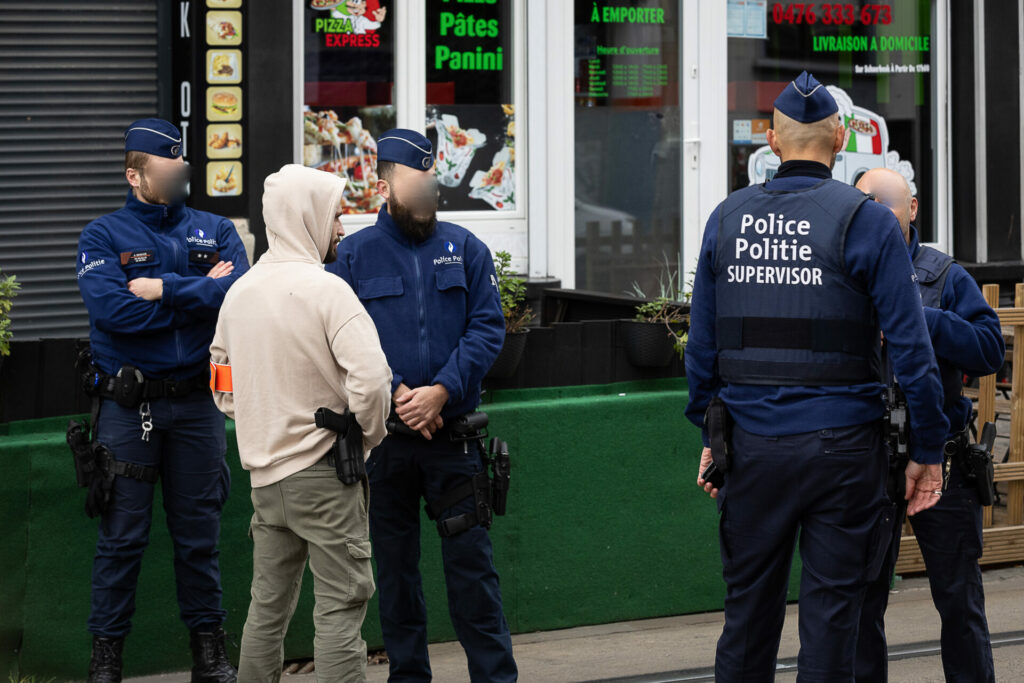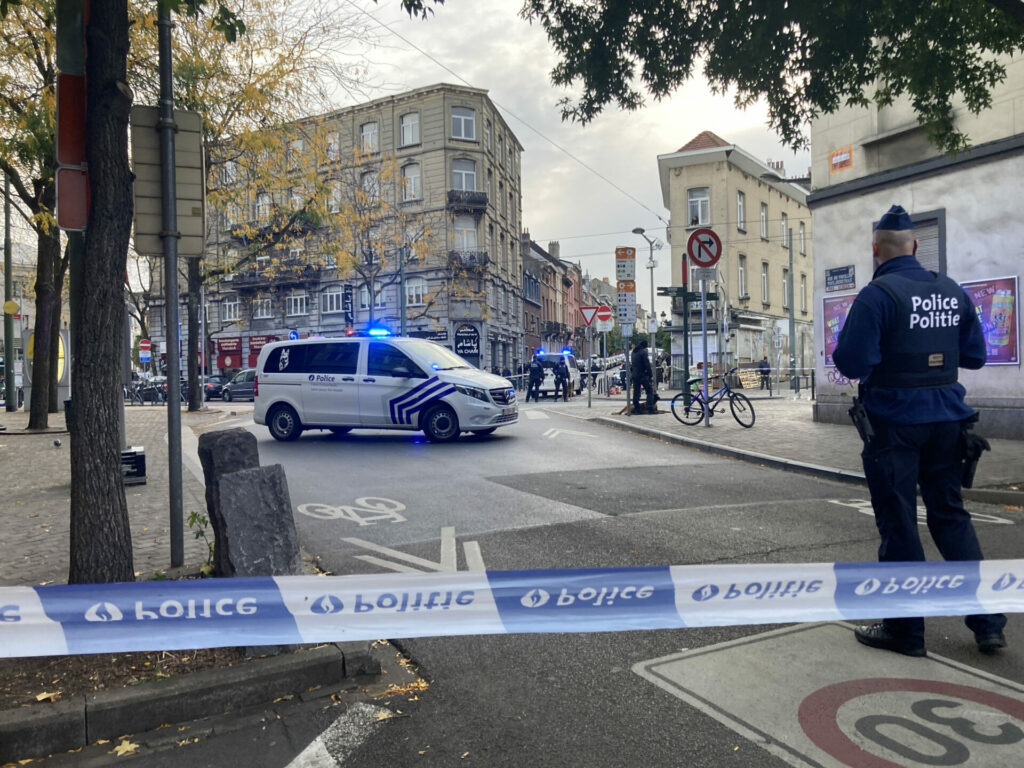Last week's terror attack in which two Swedish football fans were killed in Brussels has put Belgium's judicial and police services in the spotlight after it emerged that numerous opportunities to detain and possibly even remove from the country had been missed.
Although in the week following the event it has become clear that the main failures were down to procedural oversight, this didn't prevent the police from coming under scrutiny as the gunman's previous encounters with authorities in Belgium, Sweden, and his native Tunisia were revealed.
The ongoing investigation has built a damning picture of the events that led to the fatal shootings on Monday 16 October. It has subsequently transpired that the radicalised terrorist – 45-year-old Abdeslam Lassoued – had a long criminal record. Starting in his home country, he had escaped from a Tunisian prison in January 2011, where he was serving a 26-year sentence, allegedly for attempted murder and various other charges.
Then in Sweden, Lassoued served a two-year prison sentence for drug trafficking. When he later applied for asylum in Belgium, the address he provided was removed from his dossier after his application was rejected, effectively leaving him untraceable. Critics cite this as a significant security lapse and demand why he was not ejected from Belgium.

Police at the cafe where the gunman was shot dead during a police intervention on Tuesday 17 October 2023. Credit: Belga
As the list of errors by Belgium's Foreign, Interior, and Judicial offices grew, Friday saw Justice Minister Vincent Van Quickenborne resign after it transpired that a demand from Tunisia to extradite Lassoued had not been processed – "left untreated in a cupboard" it was claimed.
Though eager to point out that this lapse was not his fault directly, as prosecutors carry out their function independent of the Justice Minister, Van Quickenborne stated that he "nevertheless wanted to assume political responsibility for this unacceptable error."
Learning from mistakes
Resignations and cabinet reshuffles alone will not prevent further incidents and in emergency meetings over the weekend, Belgium's ministers set out plans to guard against future terror attacks.
Specifically, chronic staff shortages in police and judicial departments have been recognised as priorities to address. To this end, the Brussels public prosecutor's office will appoint five additional magistrates.
Meanwhile, the federal judicial police in Brussels will be reinforced with 50 more officers and the railway police in Brussels will receive an additional 25 officers. Collaboration between Belgium's intelligence and police services will also be bolstered, as last week's event highlighted systematic failures that could have been avoided with more concerted attention.
Too little, too late?
If the latest terror attack to hit Belgium exposed security failures, some terror experts were unsurprised. Within the police itself, unions have long called for structural measures to address long-term staff shortages.
They were unimpressed by the announcement of additional officers, dismissing the measure as "a drop in the ocean" and "insufficient after 10 years of catastrophic mismanagement".
This chronic lack of human resources is clear: the federal police currently has a 15.4% staff deficit equal to 1,940 officers. Finding the staff is becoming increasingly difficult as candidate numbers have fallen from 12,000 to 8,000 within a decade.
Related News
- Two men arrested in Paris for involvement in Brussels terror attack
- Brussels terror attack: Growing number of false alarms across Belgium
President of the SLFP Police union Vincent Houssin clarified that simply providing funds for 50 more staff is a political gesture that overlooks the complexities of the problem: "50 more people by themselves won't make the difference... The police force has reduced rapidly in recent years." He highlighted dated buildings and obsolete material as pressing issues to resolve.
Likewise in the Brussels judicial system, the Association of Justices of the Peace and Police on Monday reacted to the measures announced by De Croo, acknowledging the "chronic lack of human resources within the Brussels public prosecutor's office" but making clear that this had been "denounced for years".

